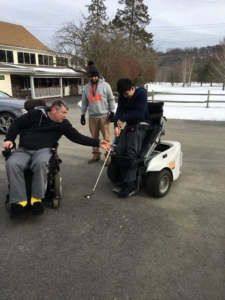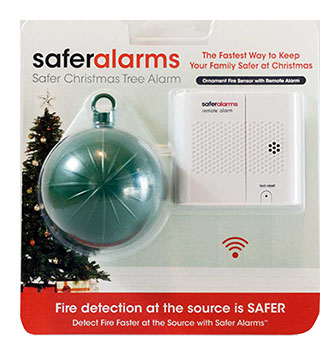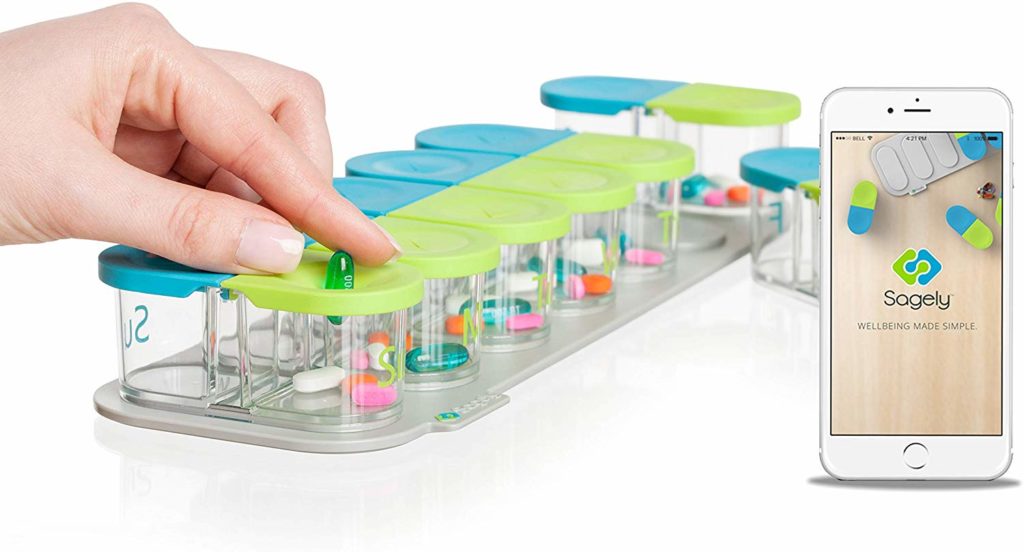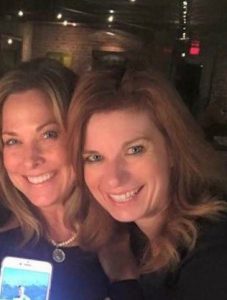Let’s agree that marriage isn’t easy. It’s a lesson in compromise, trust, patience, and perseverance. I’m not sure if most people really consider their marriage vows – in sickness and in health, for richer or for poorer.
My marriage to my second husband tested this to its limits.
I met Greg on Match.com and we were a success story. He lived in the town nearby, was handsome, a devoted dad, an athlete and above all kind. It wasn’t love at first sight but we both quickly knew that this was something incredible.
At the time we met I had three little kids, one with intellectual disabilities. My dad was declining with Alzheimer’s and I was working non-stop to stay financially afloat after a long, drawn-out divorce. My life was chaotic and busy. This was definitely not the time for something serious. Yet here this man came along with a calm, steady presence. His kids and my kids hit it off immediately and they all accepted and supported my son with disabilities. It truly felt like we completed each other.
At that time Greg was a highly competitive golfer (a former pro), had played hockey in college and had been invited to try out for the 1980 U.S. Olympic Hockey “dream team.” He worked out constantly and the beginning of our relationship was filled with dates that included hiking or other outdoor activities.
The only issue had been what doctors had diagnosed as Lyme Disease that seemed to flare up occasionally. He also had surgery on his leg which led to drop foot as he was recovering. The first sign he realized something else was going on was when the drop foot started occurring on his good leg and several times he tripped while walking. He knew before any doctor that something wasn’t right.
By this time, we were engaged and happily planning our future as a blended family. And then the day came where he sat me down and said he had been doing research. “Alison, I think I have Multiple Sclerosis.” While I dismissed his worry and told him that couldn’t possibly be the case, inside I was freaking out. A good friend of the family growing up had M.S. and I had watched his horrible decline and eventual death. This couldn’t be happening!
Getting a diagnosis of MS is a long process filled with MRI’s and spinal taps. We continued on with our wedding plans and life in general, but we could see things were happening. The evening before our wedding we hosted a dinner in a vineyard and took pictures walking around the property. Within 20 minutes of walking, Greg could barely stand and was dragging his legs. He said if felt as if his legs were blocks of cement that he needed to move. The morning of our wedding, as I was getting ready, he went to play golf with his friends. It was the last round of golf he would play for several years.
Four weeks after we were married, as I was driving home from a meeting, Greg called me. He heard back from the doctors – he was officially diagnosed with Primary Progressive MS (PPMS.) PPMS is different than regular MS. Usually with MS you have “flare ups” – some good times, some bad times. With PPMS, there are no good times, it’s a rapid decline. As his doctor said, it’s like a herd of horses galloping out of control through your body. It’s rare and there are no drugs or therapy.
He rapidly declined from walking with a cane, to a walker and finally to a wheelchair. He also was no longer able to work. His rage and anger at his body betraying him was evident and his depression was understandable.
At the same time, I was grieving the life I had envisioned and dealing with the fear of being a full-time caregiver and sole provider for my family. I was sad for the things we would never be able to do as a couple – the hikes, bike rides and adventure trips once the kids were grown. I also quickly learned how many other things you can’t do when you’re in a powerchair full time, like visit the homes of your friends who have stairs leading to their home and bathrooms that aren’t large enough for his powerchair. Spontaneity doesn’t exist as you need to consider every restaurant, concert venue, outdoor park and plane trips are massively challenging.
This definitely was not what I had in mind and I admit to indulging in a self-pity party several times. It would have been easy to allow myself to fall into the role of victim. After all, this wasn’t my first life-changing tragedy. In 1997 my first son died of Sudden Infant Death Syndrome.
But allowing ourselves to be a victim traps us. It prevents us from moving forward with our life and keeps us in a cycle of fear, anger, and self-loathing. That doesn’t help anyone and certainly not our selves. You can look at your situation and say, “why me?” or you can realize “why not you?”
You need to recognize that you’re being led down a path. Every joy, triumph, heartache, and failure are leading you to exactly where you’re meant to be to become the best version of yourself and fulfilling your highest purpose.
When you hold on so hard and fast to your vision of the future you don’t allow yourself to be guided by God, the Universe, Spirit. We often have no idea why these things are happening but fighting it is exhausting and leads to misery. You can either fight the tide or ride the wave.
I loved my husband enough to say “yes” to being a team and dealing with whatever life had in store for us. That meant enjoying one day at a time and not looking too far into the future. It also meant establishing some ground rules. I’m a practical person and don’t believe in wallowing. Problems only remain problems until you find a solution. I explained to my husband that I would support him in every which way, but he needed to become the best version of himself he could be. Maybe he could no longer play golf but that didn’t mean he couldn’t teach it. Maybe there was something else he was also meant to do. Whatever it is, he was not allowed to curl up and quit life.
And, I needed to also live my life. While I couldn’t go hiking with him that didn’t mean I couldn’t hike with my girlfriends or take trips with them. And even though I would be his caregiver in certain ways, I needed him to be mine in others. All my life I believed that I wanted someone to take care of me. In many instances the Universe kept trying to show me that wasn’t the case, but I thought I knew better. I now realized that I had to redefine what that meant in my head – “being taken care of.” What that truly meant was a man who was emotionally wealthy – who provided a strong loving presence, who supported and encouraged me to follow my vision for myself.
I also came to understand that there was another reason we were brought together. My son has an intellectual disability, so he needs help with decision making. My husband needs support physically. The two men in my life have formed an amazing bond, helping each other in a way that’s incredibly special.
It took a good deal of time for Greg to get to a place of acceptance and even happiness. It started when he discovered an amazing device, the Paramobile. It’s a golf-cart like machine that Greg is strapped into that he can drive around the course. When he gets to the tee it raises him up to a standing position so he can swing. This finally allowed him to play the game he loved once again. From there, he began teaching military vets, stroke victims and people with intellectual disabilities how to play golf. He now sits on the Board of the Stand Up and Play Foundation which donates Paramobiles to individuals. He readily admits that he feels more inspired and fulfilled doing this work than he ever did before M.S.
Our marriage is a strong partnership. We have come a long way over 10 years. We have now taken trips to Mexico, we’ve found hiking trails that accommodate wheelchairs and have many dinner parties at our house with friends whose homes are inaccessible. Greg does chair yoga and modified boxing in addition to golf with his friends and he’s now teaching my daughter how to play. I watch Greg every day live a fulfilled life. Some days are exhausting – that’s OK. Most importantly, we have both found our passions and life’s work. I now coach women in midlife who want to get past fear and tragedy to live a life of personal happiness and professional success.
There are no guarantees how our lives will evolve. When women tell me that they want to meet a man who is athletic or has a certain amount of money I remind them that those things can be gone in an instant. Who is the person that’s left?
There are times when Greg asks me if I’m OK with who he is. To be honest, I don’t even see the wheelchair anymore. I simply see the man I love. Are there times, like when we’re at a wedding and everyone’s dancing with their partner that I get sad? Sure. Do I sometimes worry what the future holds? Absolutely. But those moments are few and far between compared to every morning when I see that man I love lying beside me. I know that together we will figure out whatever comes our way.
Are you stressed by all of the demands on your time from family and work? Get my free guide 5 Steps to Create a Chill Life.
If you would like to join a group of supportive women in midlife who are ready to get past fear and self-doubt and live life joyfully and abundantly, head over to Midlife Mavericks: Fabulous, Fierce, Females!





 Fortunately, I’ve learned that at those times I need to reach out to my tribe. A few girlfriends who I can trust with my vulnerability and who get me. The ones who can see me at my lowest and know what to say and how to say it.
Fortunately, I’ve learned that at those times I need to reach out to my tribe. A few girlfriends who I can trust with my vulnerability and who get me. The ones who can see me at my lowest and know what to say and how to say it.